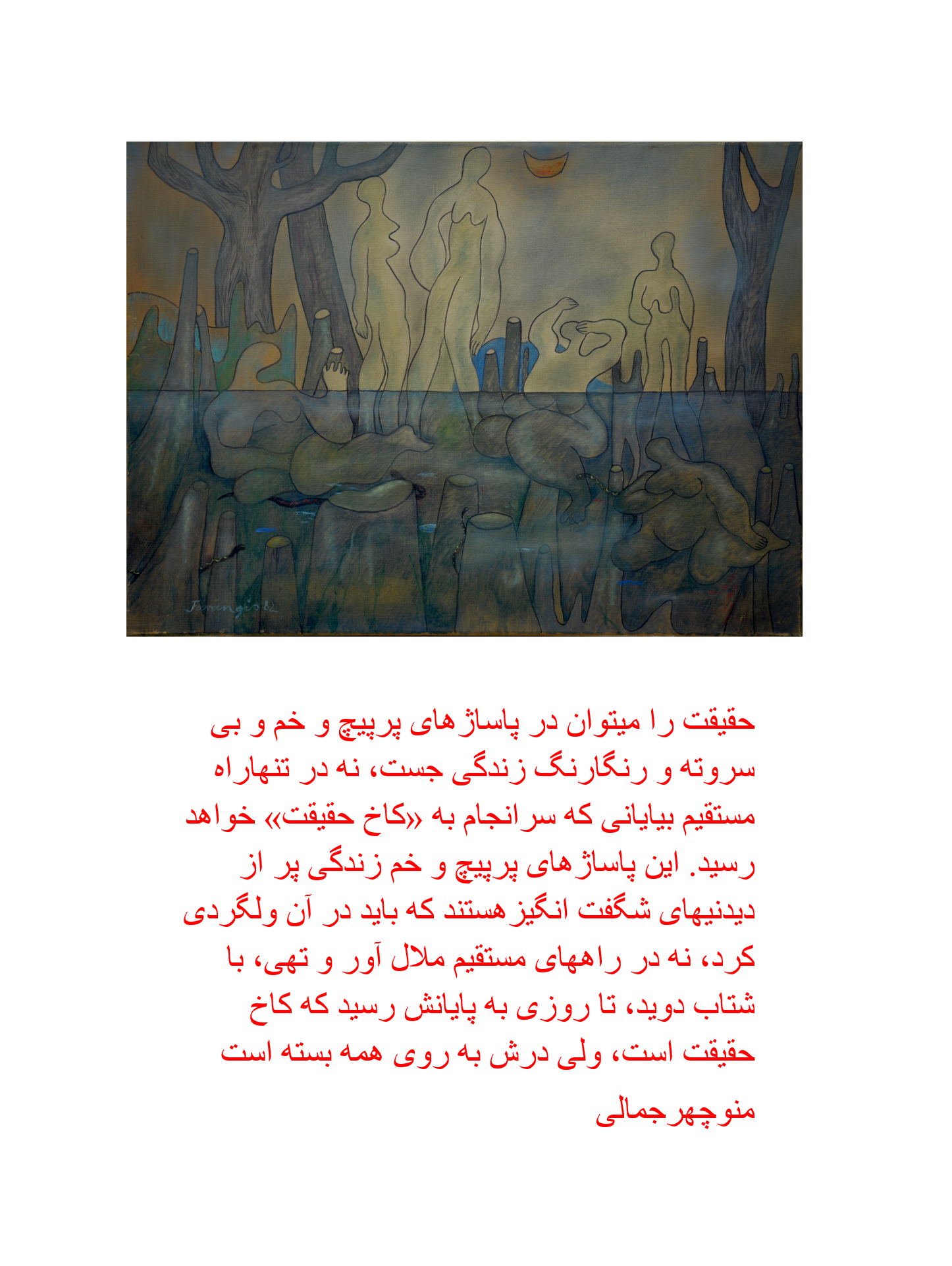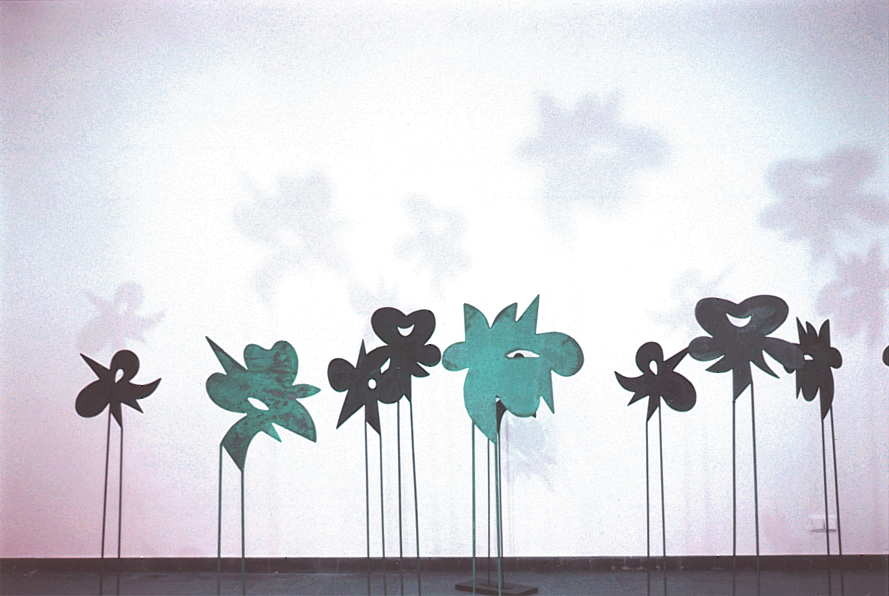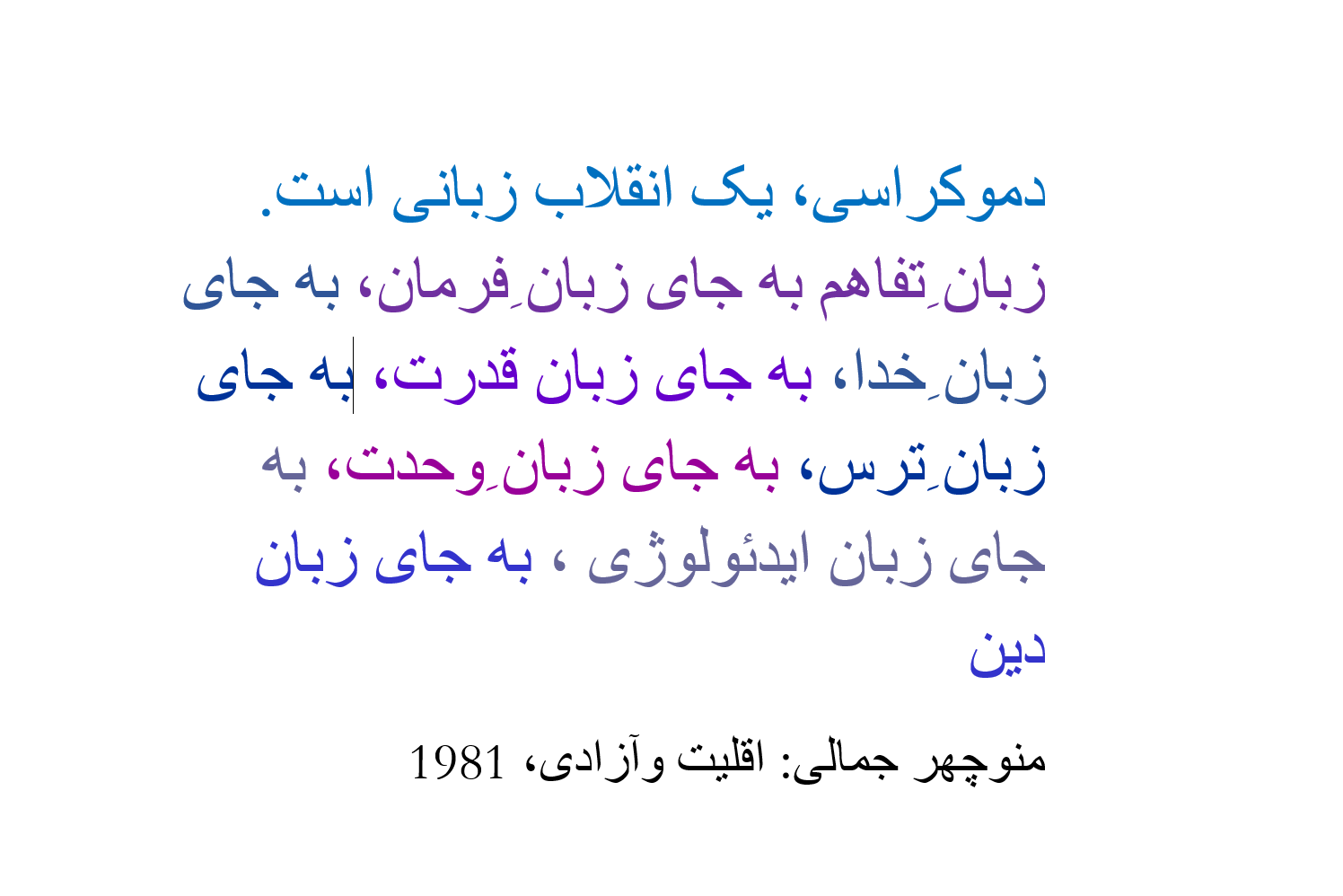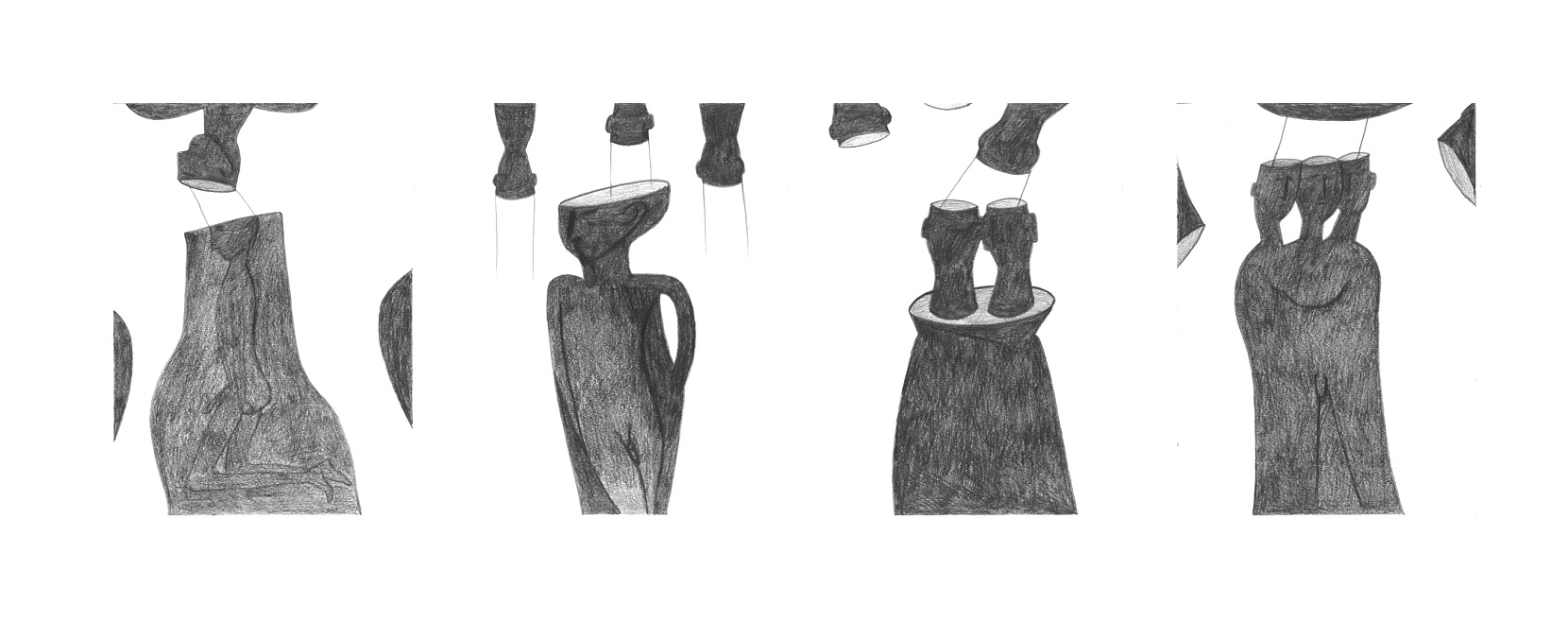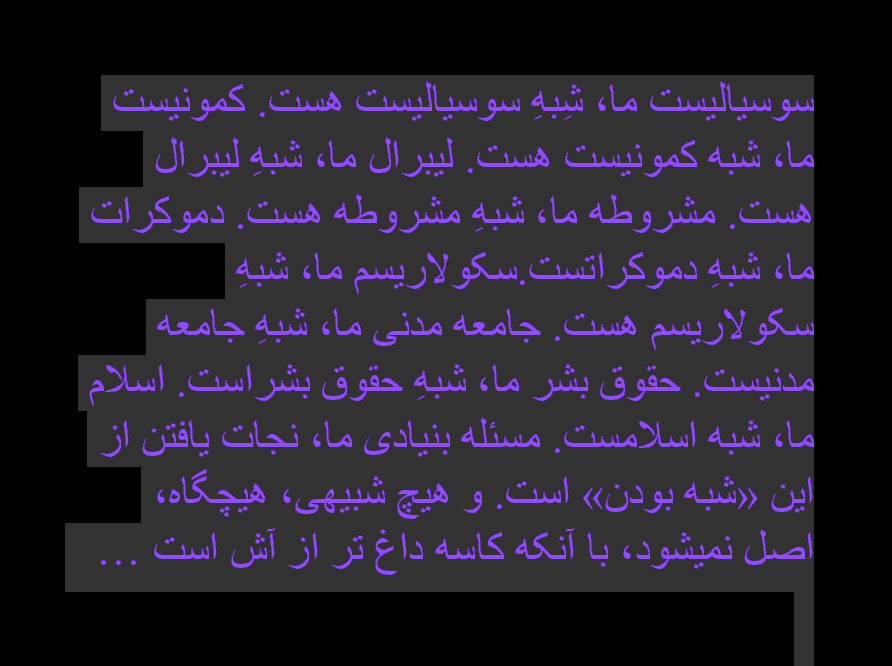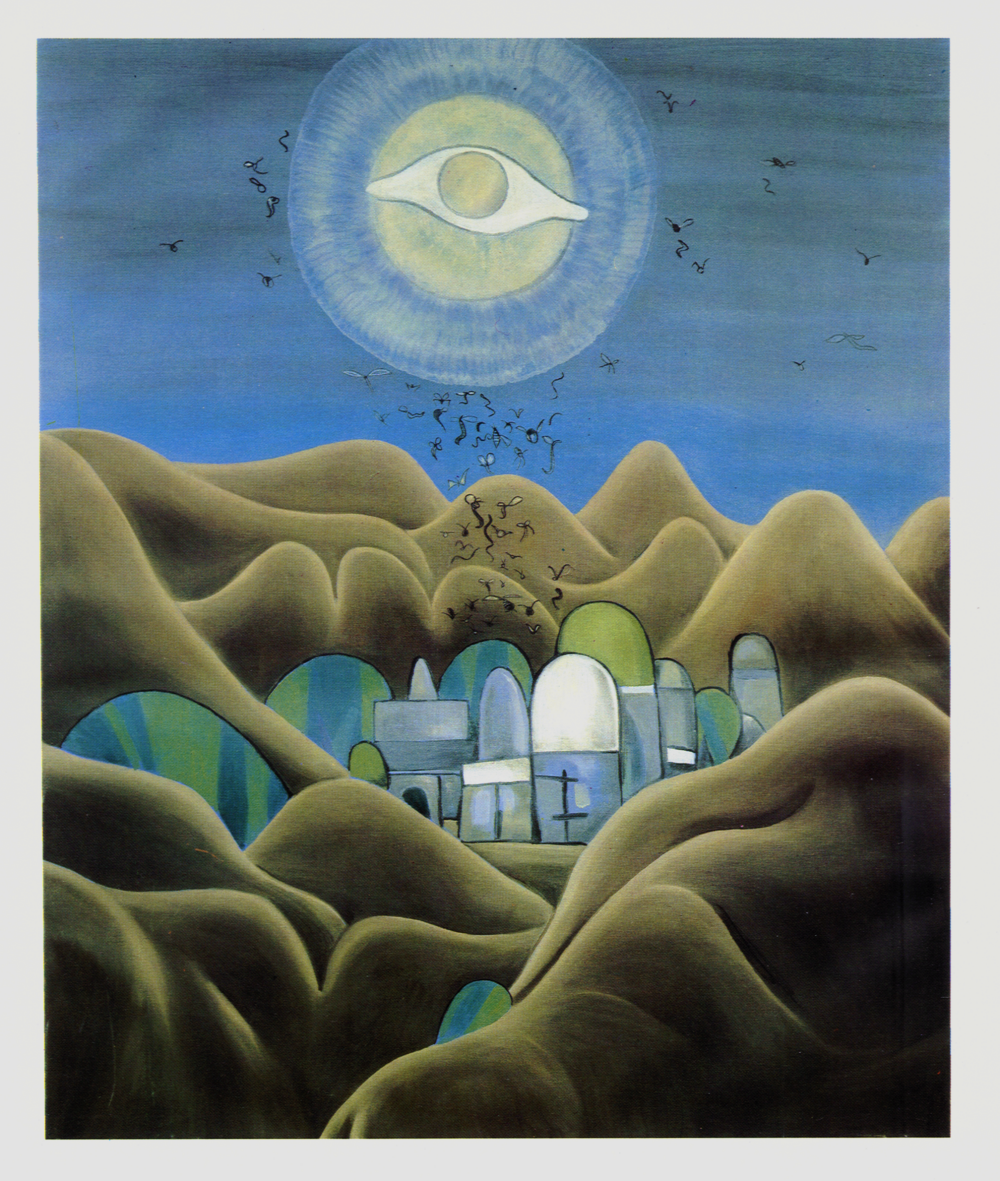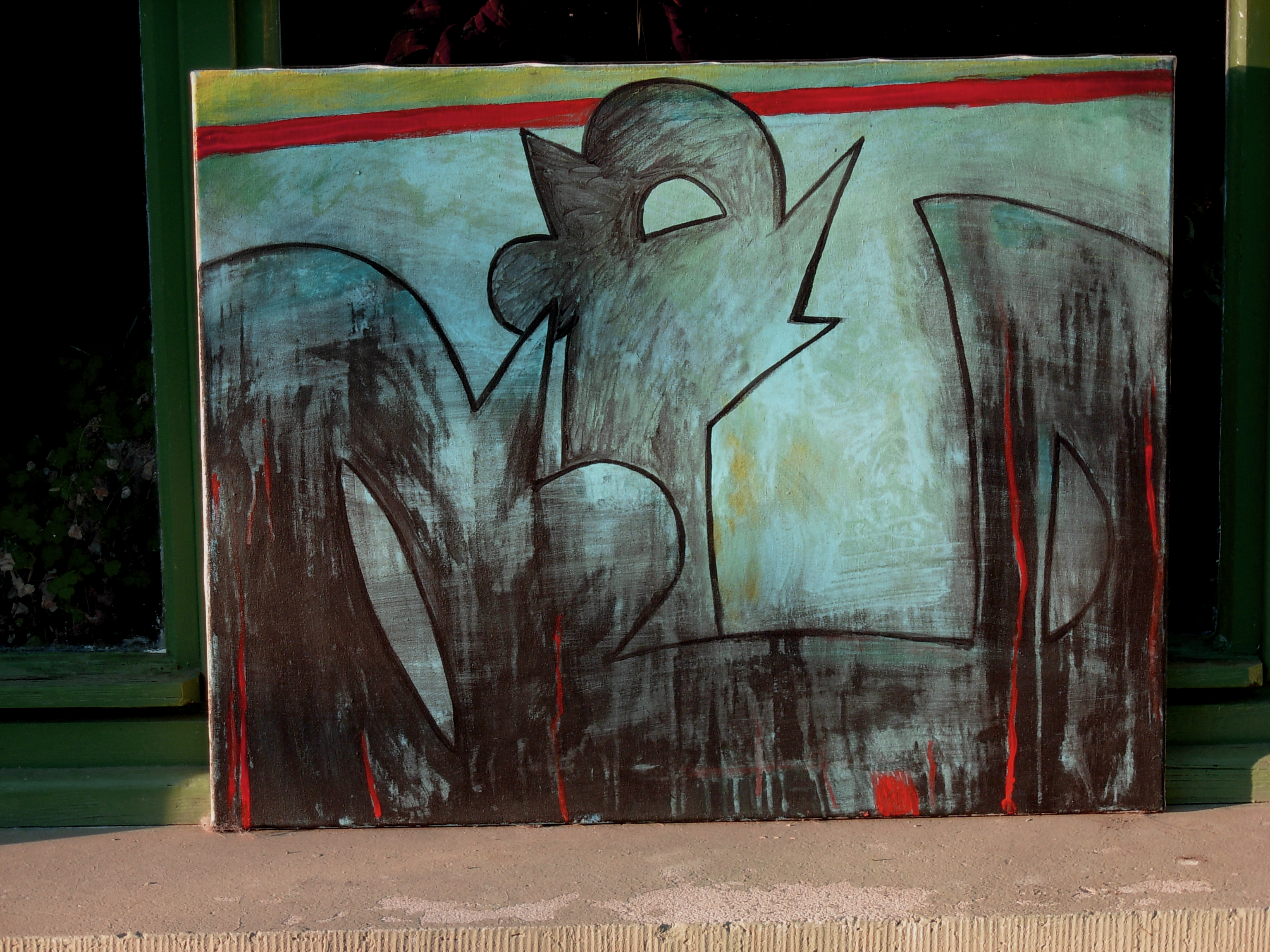حقیقت را میتوان در پاساژهای پرپیچ و خم و بی سروته و رنگارنگ زندگی جست، نه در تنهاراه مستقیم بیایانی که سرانجام به «کاخ حقیقت» خواهد رسید. این پاساژهای پرپیچ و خم زندگی پر از دیدنیهای شگفت انگیزهستند که باید در آن ولگردی کرد، نه در راههای مستقیم ملال آور و تهی، با شتاب دوید، تا روزی به پایانش رسید که کاخ حقیقت است، ولی درش به روی همه بسته است
منوچهرجمالی
The truth can be found in the winding and colorful passages of life, not in the only straight path that will eventually reach the “Palace of Truth”. These winding passages of life are full of wonderful sights that should be wandered in, not boring and empty straight roads, run with haste, until one day it ends when the palace of truth is closed to everyone.
Die Wahrheit kann in den verschlungenen und farbenfrohen Abschnitten des Lebens gefunden werden, nicht auf dem einzigen geraden Weg, der schließlich zum „Schloss der Wahrheit“ führt. Diese kurvenreichen Abschnitte des Lebens sind voller wundervoller Anblicke, die man erkunden sollte, und nicht langweilige und leere gerade Straßen, denen man in Eile folgt, bis sie eines Tages enden, und das Schloss der Wahrheit für alle geschlossen ist.
M. Jamali

